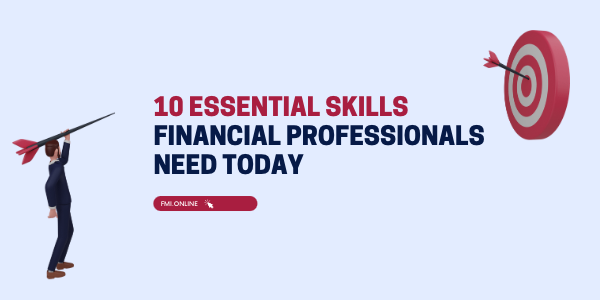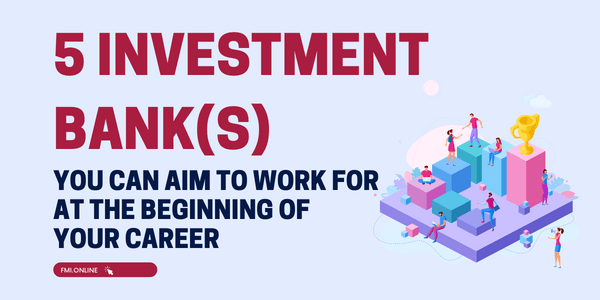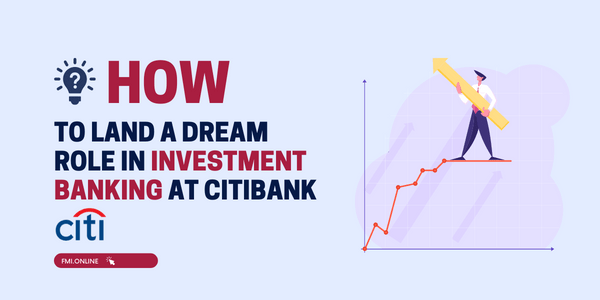Credit Suisse dates back to 1856, when it was originally founded as Schweizerische Kreditanstalt to finance the expansion of the railroad network and boost industrialisation in Switzerland. Over the next century and a half, it would go on to become one of the world’s leading financial powerhouses.
Owing to its reputation, Credit Suisse receives a massive number of applications from aspiring investment bankers all over the world. It is a remarkable institution to launch your IB career but first, you must be able to distinguish yourself to land this desirable role. Here are three major ways you can get started:
1. Match your strengths to the job requirements
As a newbie in the industry, recruiters don’t expect you to know it all and have all skills that the job demands. Yet, they want to see how you fit the role. It is, hence, imperative that you do a thorough evaluation of your competencies and what you bring to the table.
The best way to do this is to give clear examples of how you can take on the responsibilities and challenges of the role. For example, if the job description requires that you assist a team on project coordination, talk about relevant and effective examples of when you have been an outstanding team player.
Bringing your key talents to the forefront is also a skill and shows tactfulness. It will also help the employer see you as someone who has done thorough research about what a particular role entails. Credit Suisse shares highly useful advice in this domain on their website:
“You need to have two to three examples for each possible scenario. Remember, most interviewers will focus on skills like leadership, problem solving, performance under pressure, conflict resolution, communication, adaptability, planning and initiative. Go back to the job description and establish which of these areas will be especially relevant to the role you are applying for.”
2. Use the P-T-A technique
Your most significant opportunity to make an impression is the interview. While being nervous is normal in this situation, you want to find a way to channelise it. Credit Suisse recruiters advise that you use the Pause-Think-Answer (PTA) technique when giving any response. Even if you feel you have fully prepared the answer during your practice interviews, there is no harm in taking a few seconds to collect your thoughts.
This gives you ample time to organise your answer and helps the interviewer see you as calm and structured. This is especially helpful when you are about to answer a behavioural question as it helps you collect all facts and examples, particularly the most impactful ones. You should also take this moment to remember that you don’t want to come across as someone who is rambling. It is always a great idea to wrap up your answer after a few sentences in accordance with the question to avoid being seen as nervous or ill-prepared.
Another method that is proven successful is helping structure your answers is the STAR technique: Situation, Task, Action, Result. Credit Suisse explains it well on their website and shares an exhaustive list of questions you could be asked:
3. Show that you are a confident self-starter
Initiative is a highly attractive trait for prospective employers. At Credit Suisse too, they do not want you to simply fit a mould but rather see that you are driven and unique. Ambition and self-motivation are key qualities in any individual, and you should focus on how you can allow those to shine in your resume and interview.
You can do so in a few ways: you can take on an additional course or certification that puts you a few steps ahead of others. For example, FMI offers an end-to-end beginner level investment banking course. It is designed for early IB entrants so you can benefit from it. You can also show initiative through a college club or programme that you started. Being someone who doesn’t wait for opportunity to strike but carves their own path also helps you be seen as self-confident. As Andrew O’Flaherty, VP in the Special Situations and Leveraged Finance team at Credit Suisse aptly reinforces:
“Remember the importance of having confidence in your own perspective and experience. There are so many ideas you may have that others don’t see, and that counts for a lot.”
Conclusion
Credit Suisse is a gateway of opportunity for anyone planning to commence their career in investment banking. However, first you must cut through a herd of competition to make it to your dream job at this premier institute. The best way to do so is to ensure your strengths are compatible with the job’s requirements, to organise and reflect before your interview answers, and to demonstrate yourself as a self-starter who isn’t afraid to stand out. All the best for this thrilling journey!












 60+ hours
60+ hours 9 courses
9 courses



